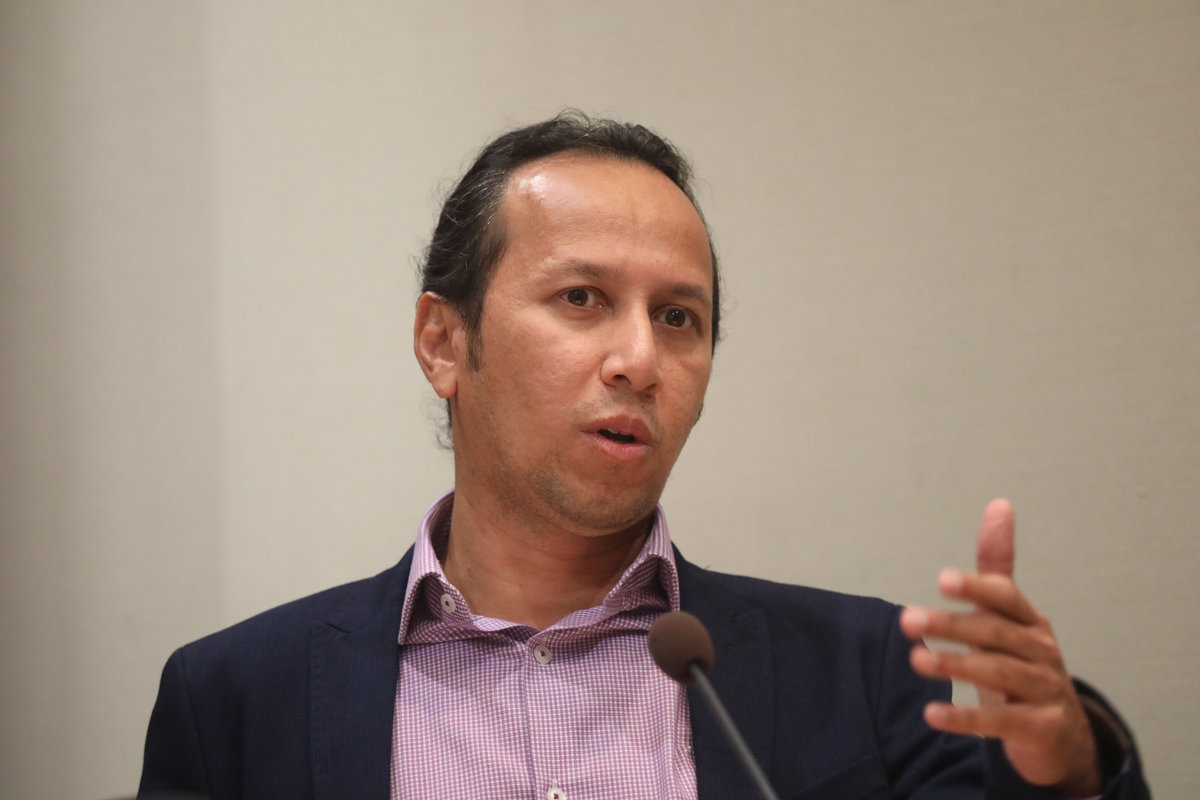KUALA LUMPUR: Malaysia loses an estimated RM64.2 billion each year due to preventable diseases such as diabetes, heart conditions and HIV, according to economist and Fellow at the Institute of Malaysian and International Studies (IKMAS), Dr. Muhammed Abdul Khalid.
He said these losses stem not only from treatment costs, but also from reduced productivity, absenteeism, and premature death.
“When we invest in prevention, including harm reduction, we’re not only saving lives but also protecting the long-term health of the national economy,” Khalid said.
He made the remarks during a media roundtable on July 1, where public health experts, academics and religious scholars called for greater policy backing for harm reduction strategies.
Participants pointed to Malaysia’s 70% drop in HIV infections among people who inject drugs since 2005 as evidence that the country’s existing harm reduction programmes are effective and worth expanding.
Deputy Health Minister Datuk Lukanisman Awang Sauni said practical measures that reduce health risks, such as offering safer alternatives to smoking, are more realistic for the public than punitive approaches.
“By encouraging approaches that reduce sugar consumption or introducing safer alternatives to smoking habits, we are providing more gradual, realistic solutions for the people.
“Every ringgit spent on prevention saves more in treatment costs down the line.”
President of the Harm Reduction Advocacy Network (HaRAN), Dr. Anita Suleiman, warned against overly punitive or moralistic narratives.
“This isn’t about endorsing behaviour, it’s about saving lives. Whether through clean needle programmes, methadone therapy or other evidence-based methods, the foundation is science, backed by social and religious norms.”
She added that such interventions aim to protect, not encourage, and reduce stigma by connecting individuals to care. Dr. Anita also highlighted the media’s role, stating,
“With evidence-based and empathetic reporting, the media can help the public understand that this is a public health strategy rooted in compassion.”
Federal Territories Mufti Tuan Ahmad Fauwaz Fadzil said harm reduction aligns with Islamic principles, particularly ḥifẓ al-nafs (preservation of life) and raf‘ al-ḥaraj (alleviation of hardship).
He said it reflects karāmat al-insān, the inherent dignity of every individual, and should be implemented with wisdom and empathy.
The session ended with a joint call to institutionalise harm reduction as a national strategy grounded in public health, economic sustainability, and universal human values.









